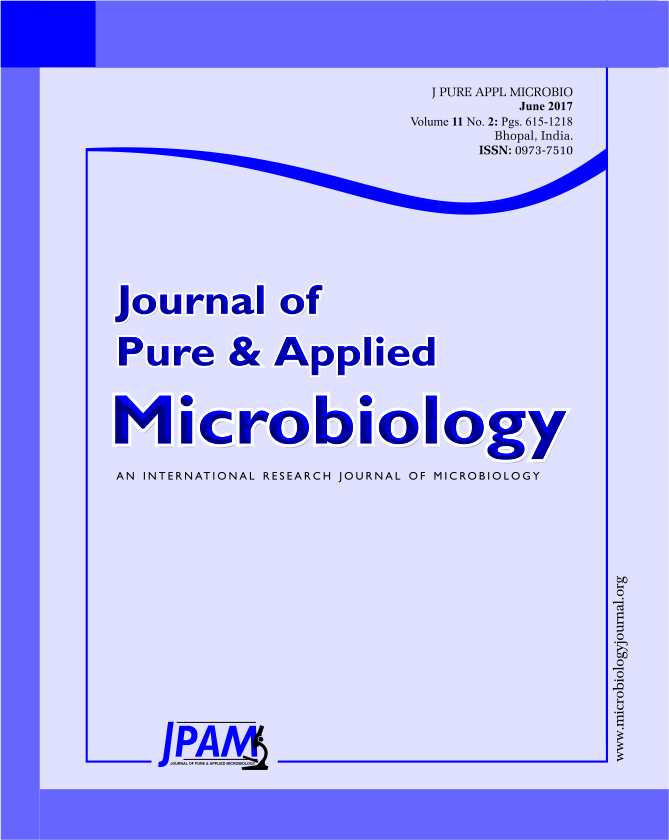Proteases are widespread in nature and execute a large variety of functions and have important biotechnological applications. A novel protease producing bacterial stain was isolated from the local soil sample. The bacterium was gram positive and forms spore during adverse condition in the growth medium. After different tests it was suggested and the features agreed with the description of Bacillus subtilis in Bergey’s Manual of Systematic Bacteriology. It was also characterized and identified by using a bioinformatics tool PIB that suggests the organism was B. subtilis (ID=0.9760). The experimentally determined isoelectric point was 5.3 and the optimal enzyme activity was at 60°C and at pH 8.5. We found that proteolytic activity of enzyme was 21.13 units and extracellular protease activity was higher than intracellular protease activity of the bacterium. Native enzyme preparations typically showed a Michaelis constant (Km) and Vmax of 0.43mM and 12,300 U mg)-1, respectively. Enzyme purity was tested by SDS-PAGE. The molecular weight of the protease was found to be ~30 KDa. The enzyme was slightly modulated by MG++ ion, and significantly by Hg++ ion, while Zn++ ion slightly decrease the proteolytic activity. The enzyme was also seen to be able to remove blood and curry stain from clothes; making it a very promising candidate to be used in a leather, poultry and detergent industry. A number of companies such as NOVO chemicals started to produce NOVOzymes for tannery and poultry industries.
Bacillus subtilis, Proteases, Enzymatic dehairing, Detergent industry, SDS PAGE.
© The Author(s) 2017. Open Access. This article is distributed under the terms of the Creative Commons Attribution 4.0 International License which permits unrestricted use, sharing, distribution, and reproduction in any medium, provided you give appropriate credit to the original author(s) and the source, provide a link to the Creative Commons license, and indicate if changes were made.


